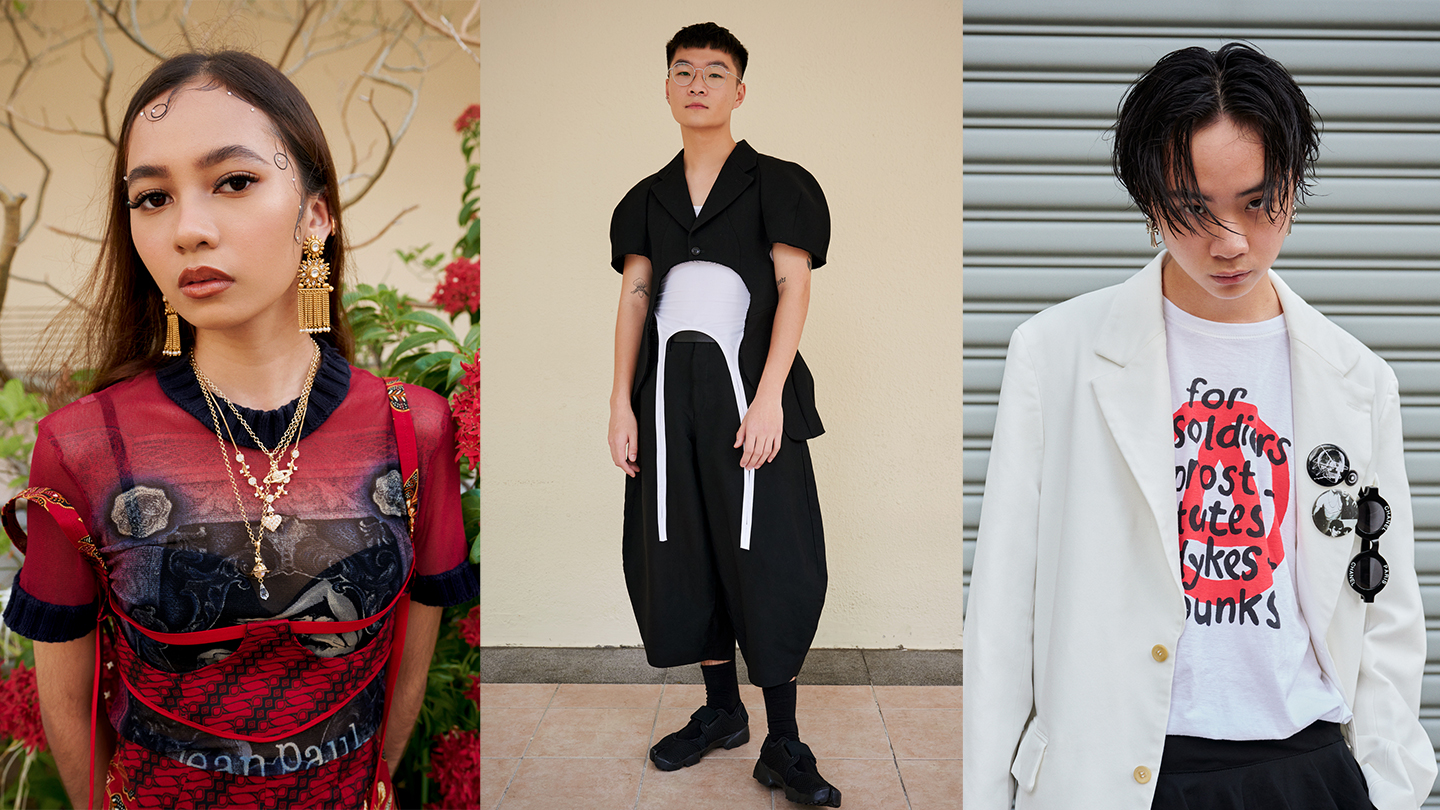Singapore is a young city known for being clean, safe and orderly, with good public housing and public transport and, as far as concrete jungles go, lots of lush, green space. As a Southeast Asian hub, it’s also a multicultural melting pot. For people hoping to go down a creative path however, living in Singapore hasn’t historically been all roses. For starters, it’s a very small market, making it competitive and difficult to build an economically viable audience. It’s also officially the most expensive city in the world. To survive in Singapore you need to work hard; rent is high and for most, the reality of slowly learning a craft and building a successful creative practice is a luxury they literally cannot afford. Another big influence on lives here, is the hard-line government, which has a zero-tolerance drugs policy, and prohibitions on public protests. There’s also the mandatory two years of full-time military service for the post-high-school male population.
However, many young creatives actually credit Singapore’s tough approach with helping to shape their strong work ethic and drive. This is the first generation to have an opportunity to explore what their city’s amorphous amalgamation of cultures means to them, and in so doing they are establishing new spaces and defining their country’s future. We spoke to some inspiring thinkers and makers about what it’s really like being young and creative in Singapore in 2020.
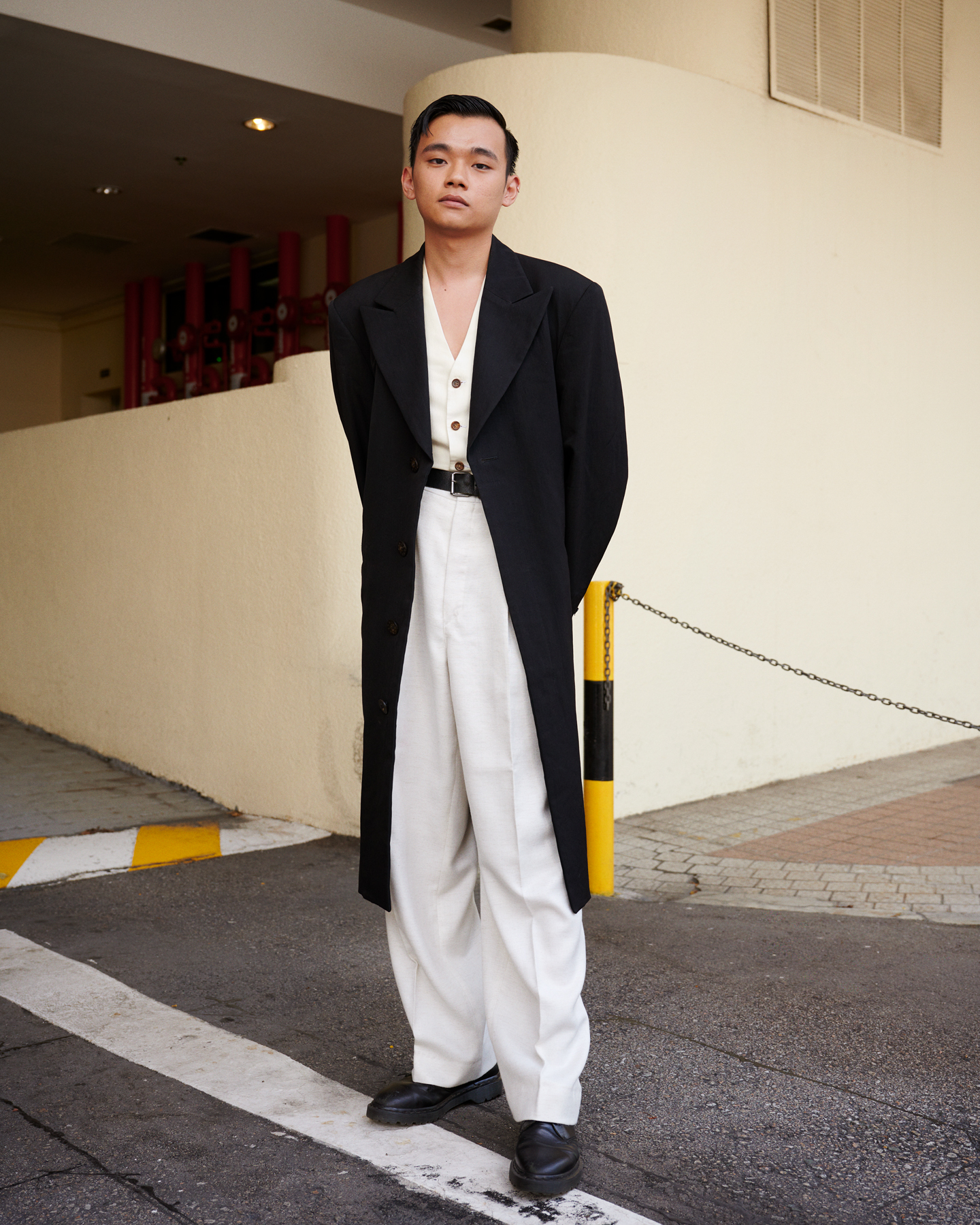
Manfred
What do you do and why do you love it?
I’m a fashion designer and I run a local fashion collective called Why Not? with my friends. I help organise fashion projects with my peers where support for such initiatives are lacking; It’s a very rebellious, we’ll-do-it-ourselves-anyway, kind of project.
How was your experience growing up in Singapore?
It was so claustrophobic because it has always been a case of ‘I’m on the outside, looking in’, where you have this idea of how the industry might look, but once you’re finally inside, you realise that there isn’t as much to it. The pillars of support in Singapore are incredibly flawed and misguided for a rich city that wishes to have a dynamic creative scene. The unfortunate reality is — it’s harder to advance your career here than it would be in other cities. But, it’s very Singaporean to complain about everything. As my friend says, “If you can’t find a job then just create that job yourself, stop whining!”
What are the pros and cons of Singapore’s culture in terms of what you do?
Everything in Singapore is driven by commercial means — it’s always about money. And because of that, you start to see an elitist movement within the creative industries. But that has led creatives to discover a compromise. There are plenty of us in Singapore who have found a balance between our passion and our commercial work.
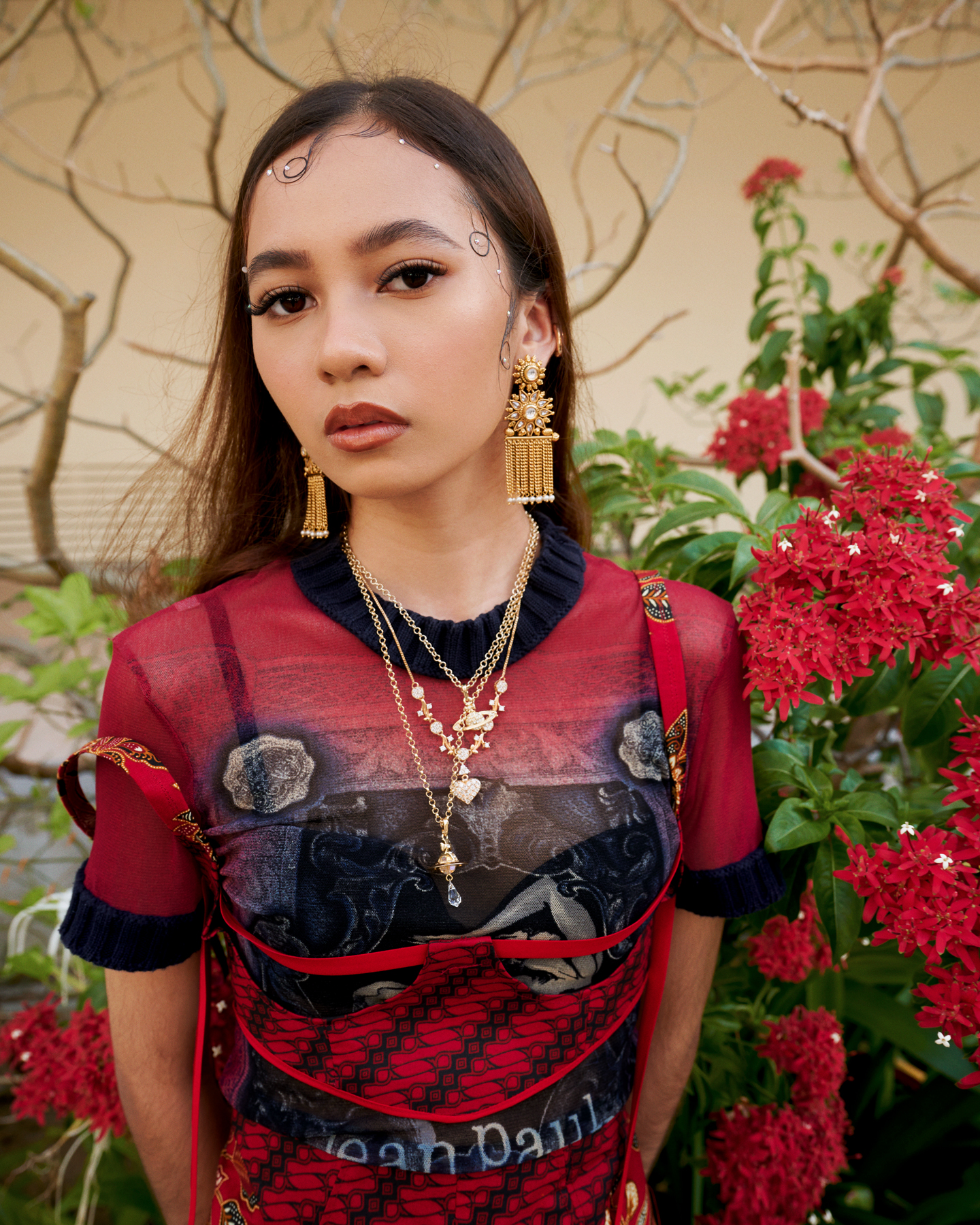
Putri
What do you do and why do you love it?
I am a womenswear designer. It’s so fulfilling having an outlet to create and express my Malay roots with traditional wear and fabrics in my garments; like making corsets with Batik fabric for example. I’m also a member of Why Not?. We organise self-funded group shows, which is very unusual for Singapore.
What are the pros and cons of Singapore’s culture in terms of what you do?
The best thing is that Singapore is so diverse and culturally rich. The worst is that the fashion industry here is very small, therefore the focus can be more on the business than the creativity. Plus, resources in Singapore are pretty limited.
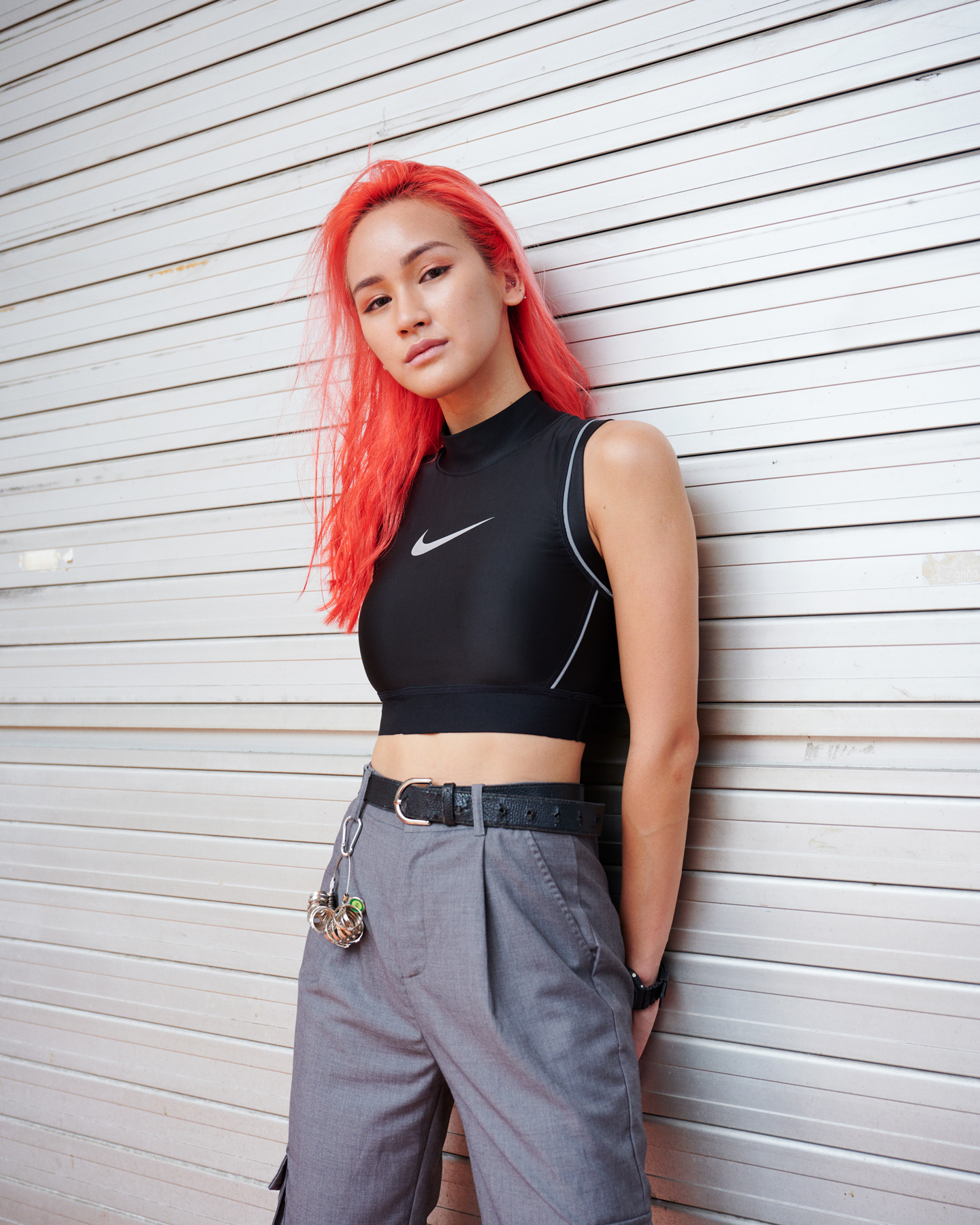
Hanya
What do you do and why do you love it?
I craft jewellery. I have a label called Chez G, making customized precious jewellery including grills, pendants and rings. I love the way it challenges me critically and creatively.
How was your experience growing up in Singapore?
I had very little focus on my creative side while growing up. I was like any Singaporean brought up through the education system, taught to chase good grades. I had never considered pursuing a creative craft, as I was told that those career paths weren’t sustainable. On the contrary, fresh creatives today are increasingly in demand with the elevated appreciation for art.
What are your hopes for the future?
I’m happy to see the recognition and support given to our local creatives in recent years. It also shows that Singapore’s inclination towards the arts and appreciation for sub-cultures has grown. Hopefully, it can continue to grow and evolve into something that people can recognize us for internationally.
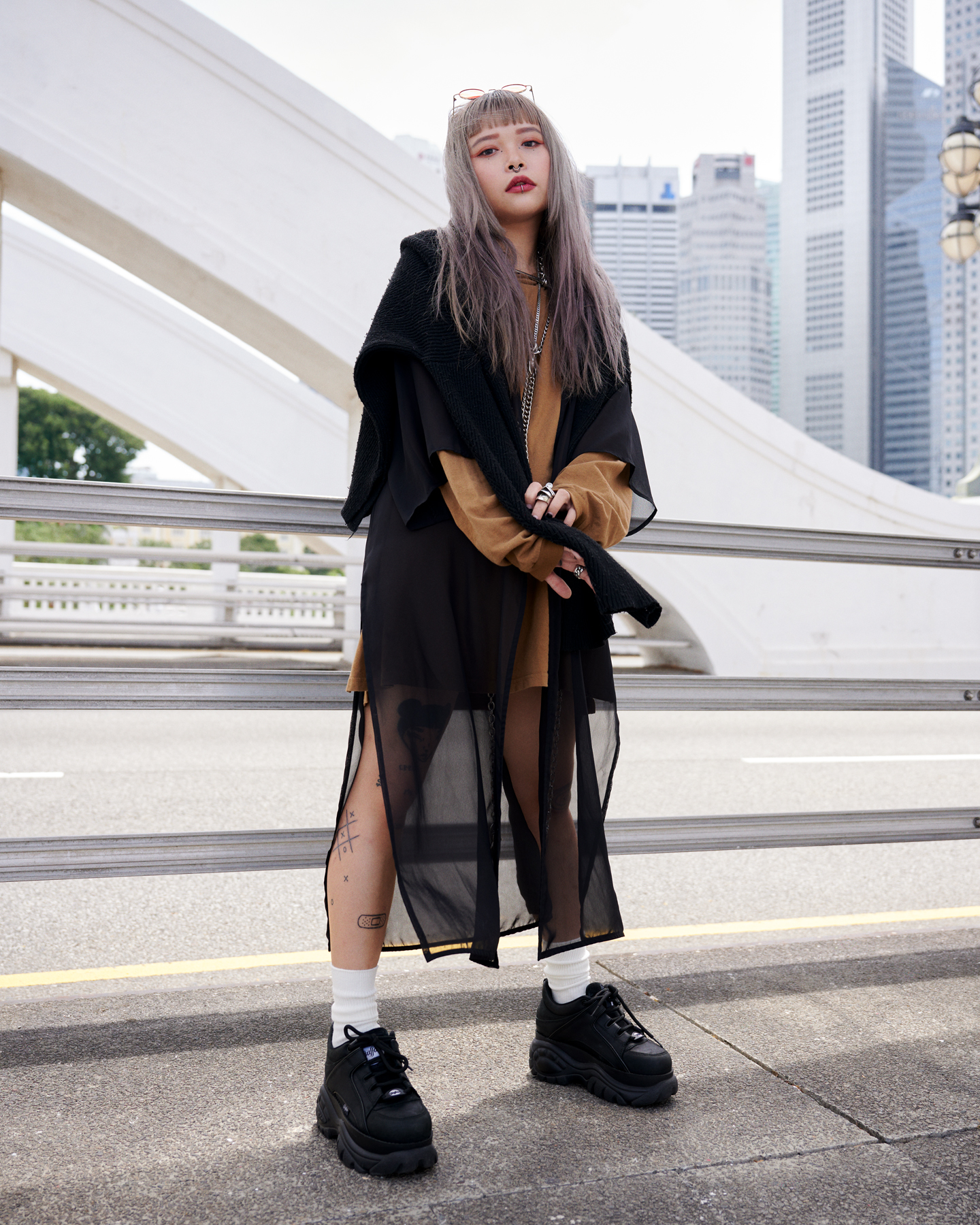
Jess
What do you do and why do you love it?
I’ve been a creative director in my humble branding and content agency called 2baesick Studio for three years. I love it as it’s something I own, which means I have more creative control of my work and through it I’ve also created a safe space for myself to breathe. My work covers photography, graphic design, set design, videos, motion graphic, styling and illustration. I swear, it’s hard to get bored.
How was your experience growing up in Singapore?
In Singapore it’s tough but the struggles can be rewarding. Unlike some of my peers who experienced pressure from their family, I’m glad to say that mine never really meddled with my choice of career. To manage my mental health, I live on my own but as there is no minimum wage in Singapore, the pay here as a young creative can be quite pathetic and inconsistent. Despite my tough encounters though, I’m determined to not become a slave in a corporate job for the sake of money. So I work hard and learn from every mistake that I make.
What are your hopes for the future?
I hope to be able to change my career path from visual design to tattooing. Right now I’m trying to save up to make this happen, even though it’s a struggle with rent and bills in such an expensive city.
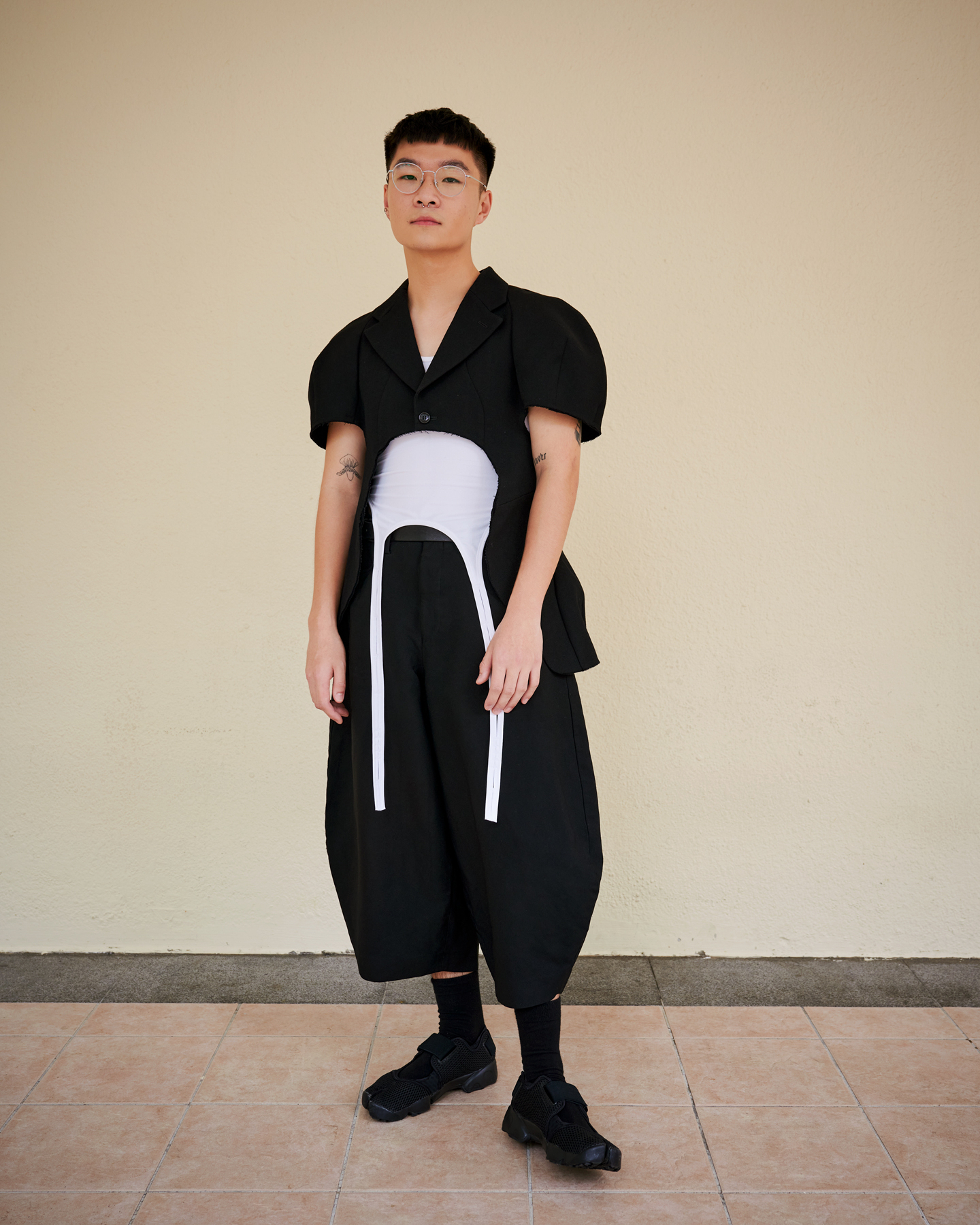
Wanjie
What do you do and why do you love it?
I’m a photographer and work mostly in fashion and personal documentaries. Since childhood, photography has been an instinctive way for me to aestheticise and romanticise my experiences, the miles I’ve travelled and the rooms I’ve been in.
How was your experience growing up in Singapore?
This is a toughie because I don’t have any other frames of reference. I don’t think Singapore has the infectious, buzzy energy of creative capitals like London or Paris, but I also see that slowly changing. We have such a bold DIY spirit, young artists are rigorous and innovative without taking themselves too seriously. And so many of us are questioning old modes and industry standards because we’ve got nothing to lose. It’s exciting to see my friends staging their own guerrilla fashion shows, making wild performance pieces and challenging the institution.
What are the pros and cons of Singapore’s culture in terms of what you do?
There’s the teething issue that young nations have: creative brain drain, where the best and brightest leave for other creative capitals around the world. There are few really established photographers to assist and learn from here. I hope Singapore — especially the gatekeepers and those of influence — learn to take greater risks. I think only then can we broaden our vision and make truly groundbreaking work.
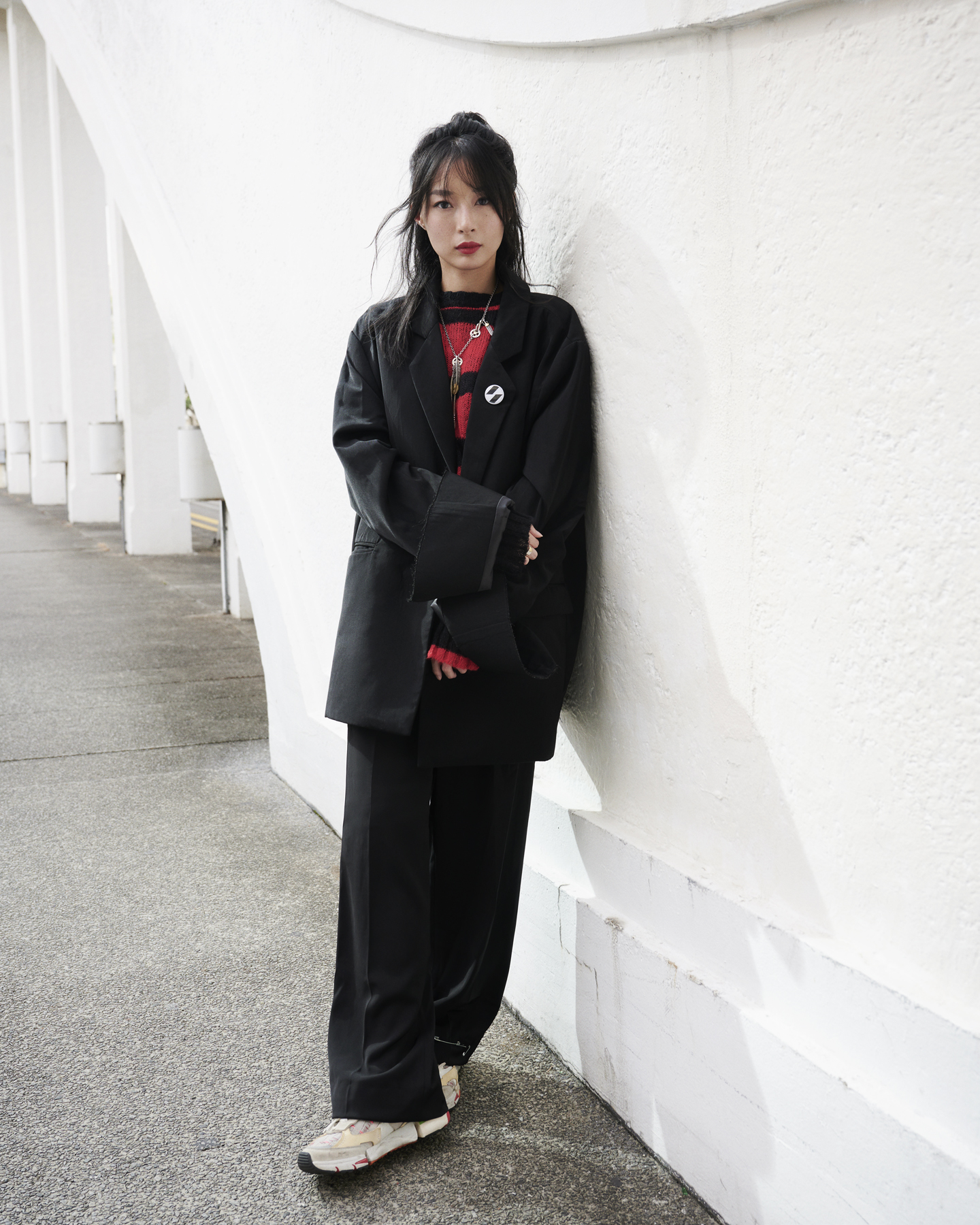
Nicolette
What do you do and why do you love it?
I’m a designer. I love what I do because I get to create things that people can feel a connection to and adopt it as part of their identity. With The Salvages, a label I co-founded with my fiancé Earn Chen, we get to explore different aspects of art and music and put a spotlight on stories we want to share. We get to meet and work with so many people around the globe and from so many different backgrounds.
How was your experience growing up in Singapore?
I had to do an accounting and finance diploma before I managed to convince my mother that I absolutely still wanted to pursue fashion design. Still, after design school, there was trouble finding a job in fashion. So I did part-time work while juggling freelance graphic design jobs, even creating a small hip-hop discotheque, before being able to start The Salvages. In the end, though, these experiences shaped me to be a very driven person, and it taught me valuable skills, both as a designer and a businesswoman.
What are the pros and cons of Singapore’s culture in terms of what you do?
The best thing about our culture is its diversity of races, religions and backgrounds. The downside is that, because of the way we quickly grew into a city, our culture and lifestyle choices, in general, can be conventional. There’s a certain judgement or reluctance to individualism or experimentation, though I think that in the last few years that has certainly changed a little as my generation is getting more opportunities to dig deeper, find their tribes, and discover something alternative or new for themselves.
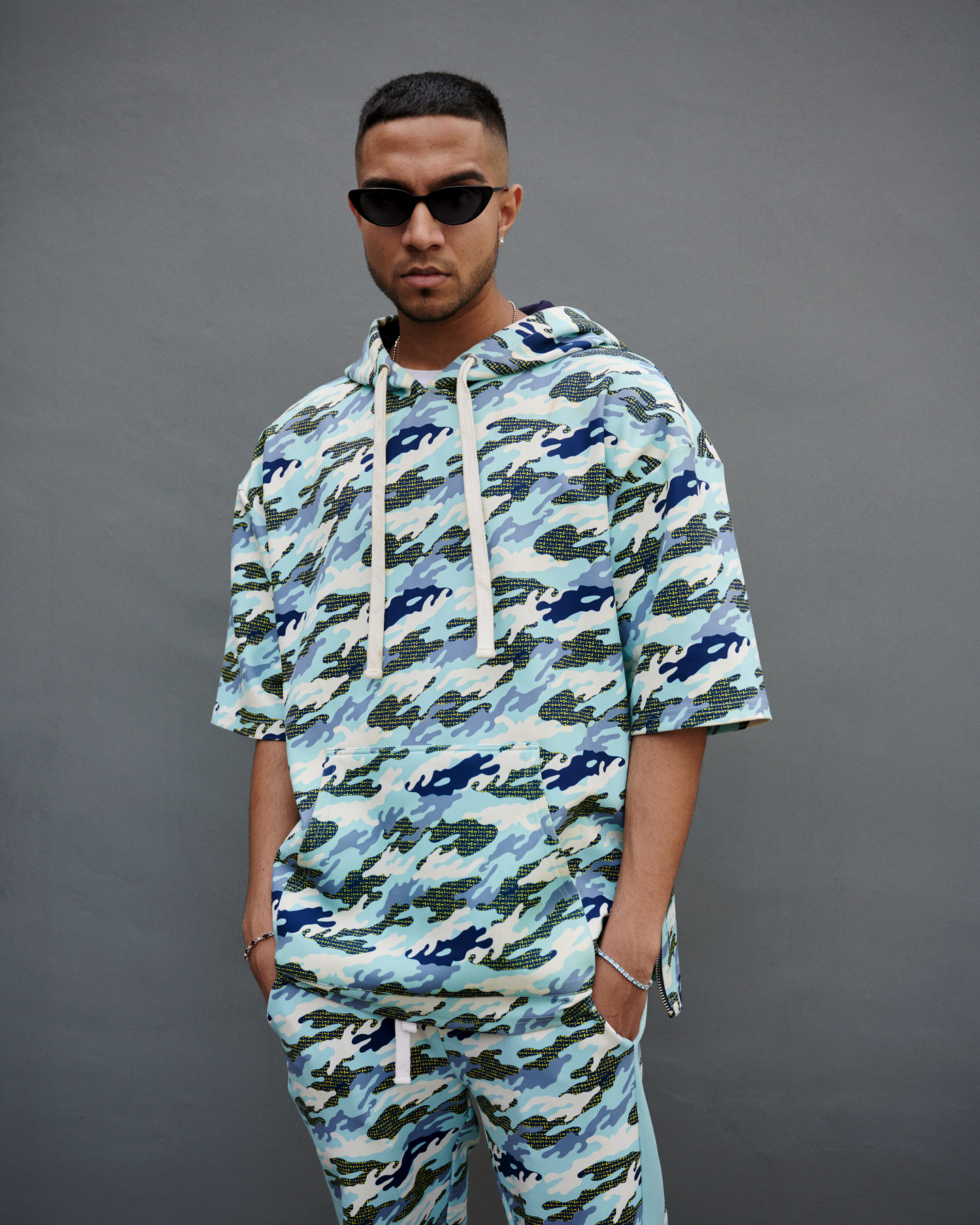
Yung Raja
What do you do and why do you love it?
I’m a full-time rapper and artist and I love what I do because for the first time in my life I am brought closer to my cultural identity. Every song, every verse, every flow, every chance I get to explore my sound. I feel more alive than ever.
How was your experience growing up in Singapore?
It was rich and explorative but I didn’t know I was gonna make music till two years ago. Growing up, I drowned myself in hip-hop music but retained my South Indian culture, allowing me to think of ideas to bring the two cultures together but when I started out, making music in Tamil and English was a fairly new idea. I’d say I’m truly blessed to have had the people around me supporting me in this path.
What’s been your career highlight so far?
Getting signed by FlightSch, working out a deal with Def Jam South East Asia. And getting to meet M.I.A..
What are your hopes for the future?
I want to act, I want to be a speaker, I want to run non-profits that help current and future generations and I want to help my community and inspire young people however I can. I’d like for Singapore to be seen as having an authentic, diverse and flourishing rap scene.
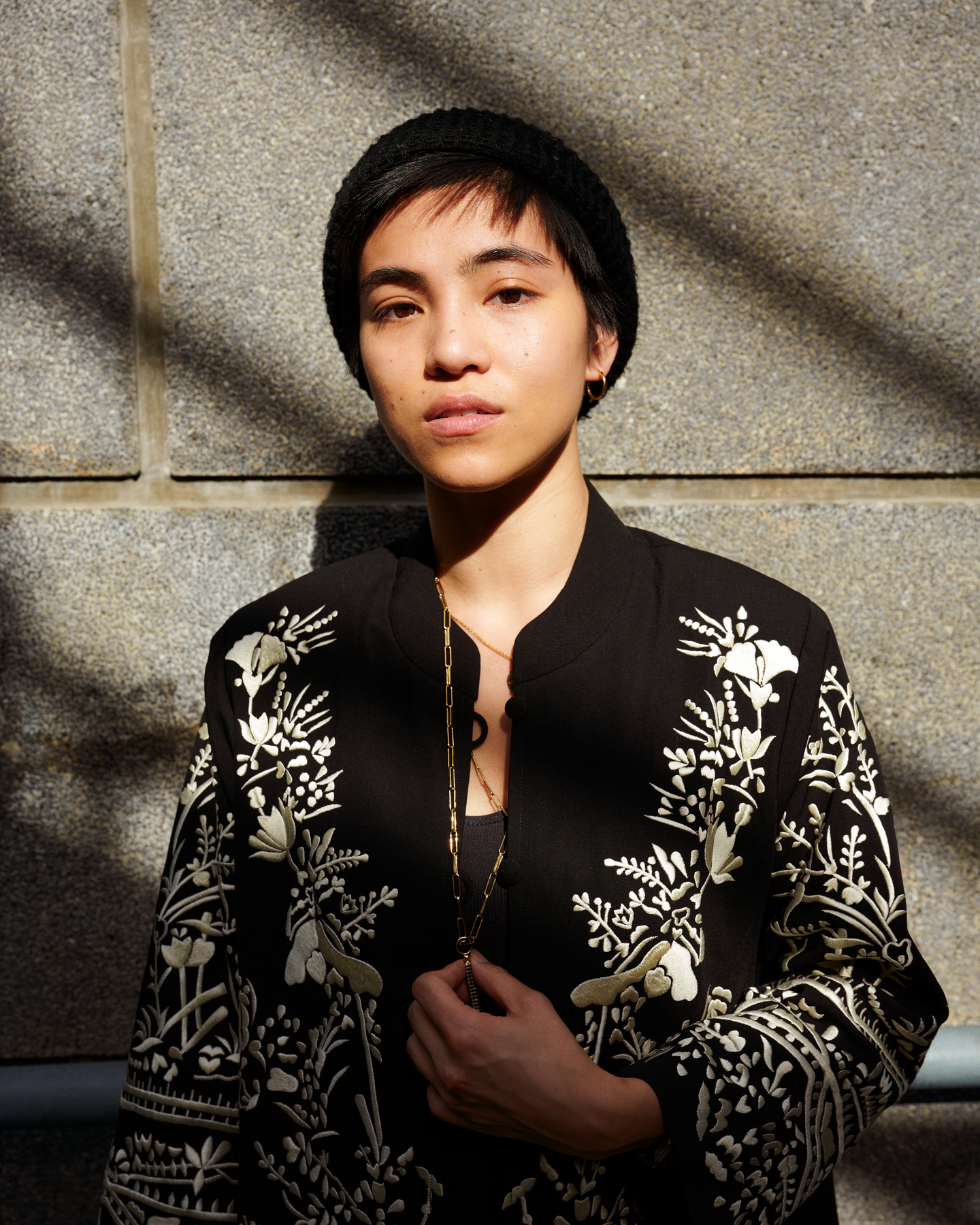
Tess
What do you do and why do you love it?
I dance, act, model, write, and create performance art. I’ve been very lucky to be able to explore different forms of expression while calling it work.
What are the pros and cons of Singapore’s culture in terms of what you do?
Specifically, within the arts sector, I’d say the best and worst thing is the dependence on government funding. Funding for the arts in Singapore is pretty incredible — a lot of events, publications, exhibitions, productions and physical spaces are made possible only with the generous support of government agencies, and they do champion a diverse programme — but that also means that the cultural landscape is largely shaped by government approval. I’m not saying it’s terrible, but we definitely need private funding to step up in order for more experimental or controversial ideas to come out.
What are your hopes for the future?
I hope that as I continue to develop as an artist, I can learn to be a better ally for marginalised and underrepresented communities. I’m very aware of the many privileges afforded to me by birth. Sometimes it makes me feel so guilty it’s practically immobilising, but I know I have to work through that and just try to open doors whenever I can.
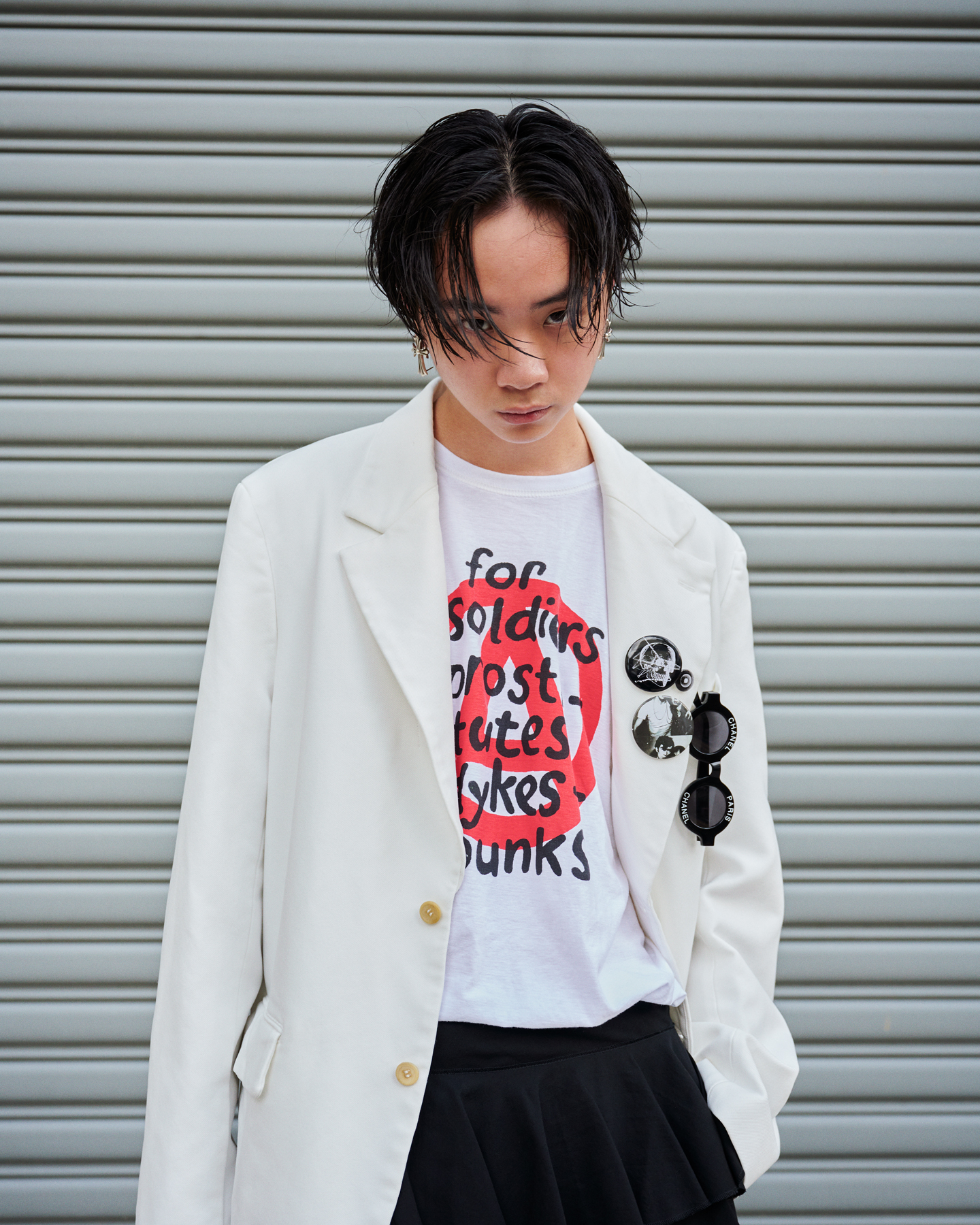
Ee jin
What do you do and why do you love it?
I’m just a fashion kid, I love clothes and putting outfits together.
How was your experience growing up in Singapore?
Academics play a big part in childhood here and I was always pushed to do the best I could in school. But the whole school thing was never for me. As a creative, everyone I’ve known has been super open, however I do feel that people aren’t open to criticism and almost always view it negatively instead of growing from it. Also, there is a lot of fake love.
What are the pros and cons of Singapore’s culture in terms of what you do?
It’s a young community and that makes it easier for people to put their work out there and share it with others, however, everyone is super competitive and I think everyone gets lost in that competitiveness. I hope that the community here will grow, be more accepting of things and less afraid to try new things.
Credits
Photography Stefan Khoo
Photography Assistant Alif
